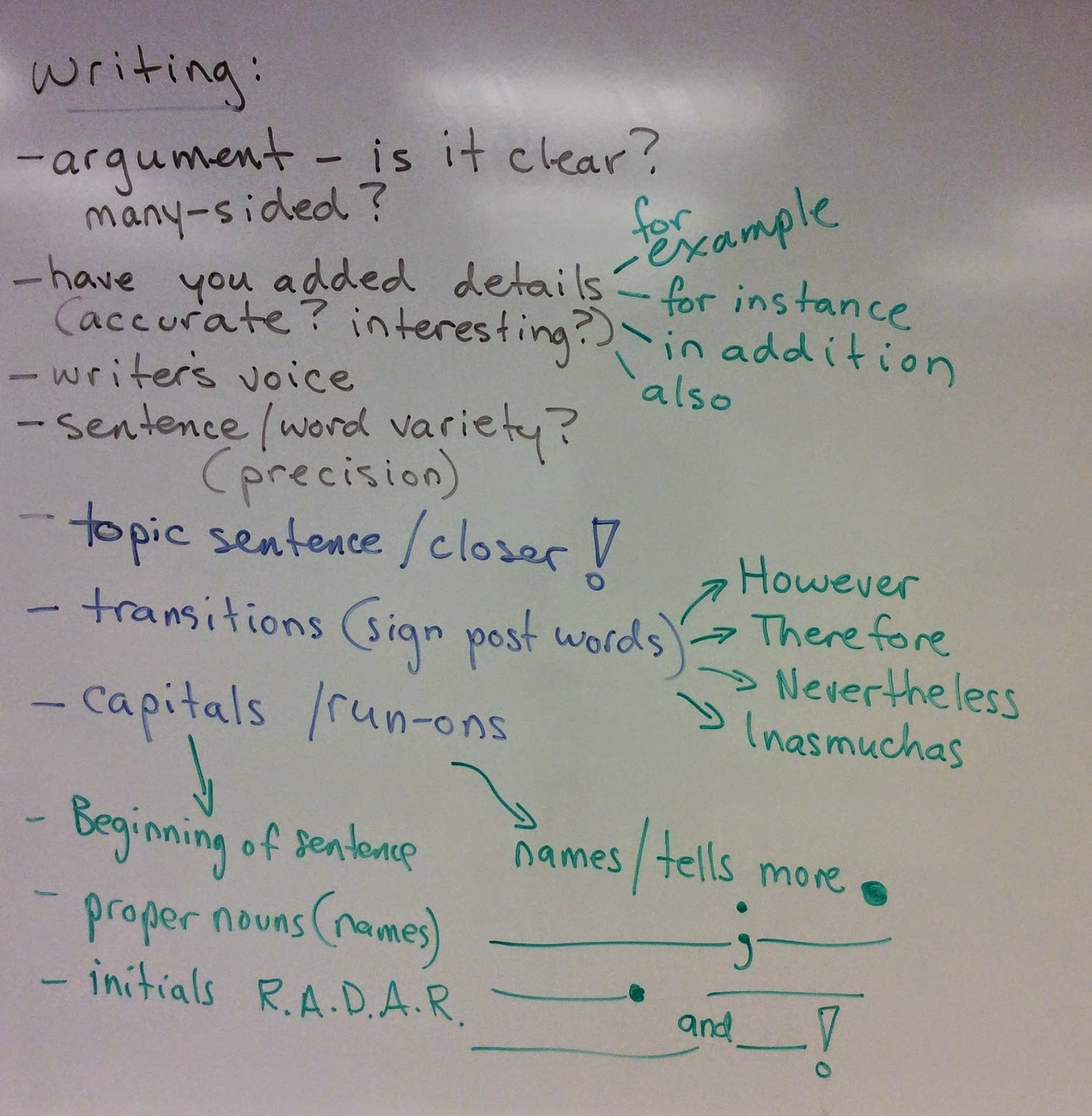
In Socials 11, we must find the balance between taking command of
content and building our creativity, analytical ability and other skills. Today we began with a larger review quiz of the Second World War and then I introduced a discussion about primary and secondary sources. Next, we used the laptops to find a primary source (photo) that we could analyse. I had intended to have you write your unit test on Monday, but since your work today was so focused, I decided to let it continue to the end of the block. The test will be Tuesday.
If you were unable to complete it in class, please forward it to me electronically. I also collected your Home Front paragraphs, so if you missed that, forward it as well.





































